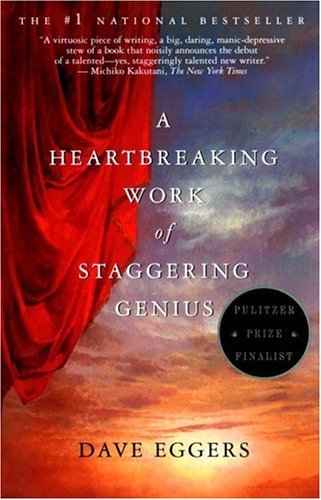Wave–particle duality: a theory of
quantum mechanics (not physics) that states that all particles exist as both
waves and particles at the same time, and the observation causes them to
“appear” as one or the other. Think of Schrodinger’s cat: considered both alive
and dead inside of the box until someone comes along to open the box and
observe the results of the experiment. Once the observer is present, the cat
(or particle) falls out of superposition (all things at once) and takes the
characteristics of only one state.
When we look at this theory in light of the “Trinity
problem,” we can begin to accept that something could exist as one thing and
three things at the same time, even if we don’t fully understand how it’s doing
that. Just because it falls out of the realm of our human experience, it
doesn’t mean it’s impossible. If we truly believe that we serve a God of the
impossible, then to say that it could be both (that God/Jesus/Holy Spirit are
at once three completely separate beings and one unified entity) would be to
put limitations on His ability.
The evangelist pastor who had the revelation about Hell was
Carlton Pearson. He was at one point the pastor of Higher Dimensions Family
Church (which saw a Sunday morning attendance high of 5,000 people), but was
denounced as a heretic by the Joint College of African-American Pentecostal
Bishops. He’s since become associated with something called “New Thought,”
which is a little more extreme, including in its tenants that sickness
originated in the mind, and other pseudo-spiritual doctrines.
However, the doctrine that he first became associated with
after his separation from Higher Dimensions is called Christian Universalism,
which says that all beings will be reconciled to God (called Universal
reconciliation). It doesn’t downplay sin, but says that people will have to
face some sort of penance for their sin, possibly in the form of a “period of
finite punishment similar to a state of purgatory.”
http://en.wikipedia.org/wiki/Universal_reconciliation


































